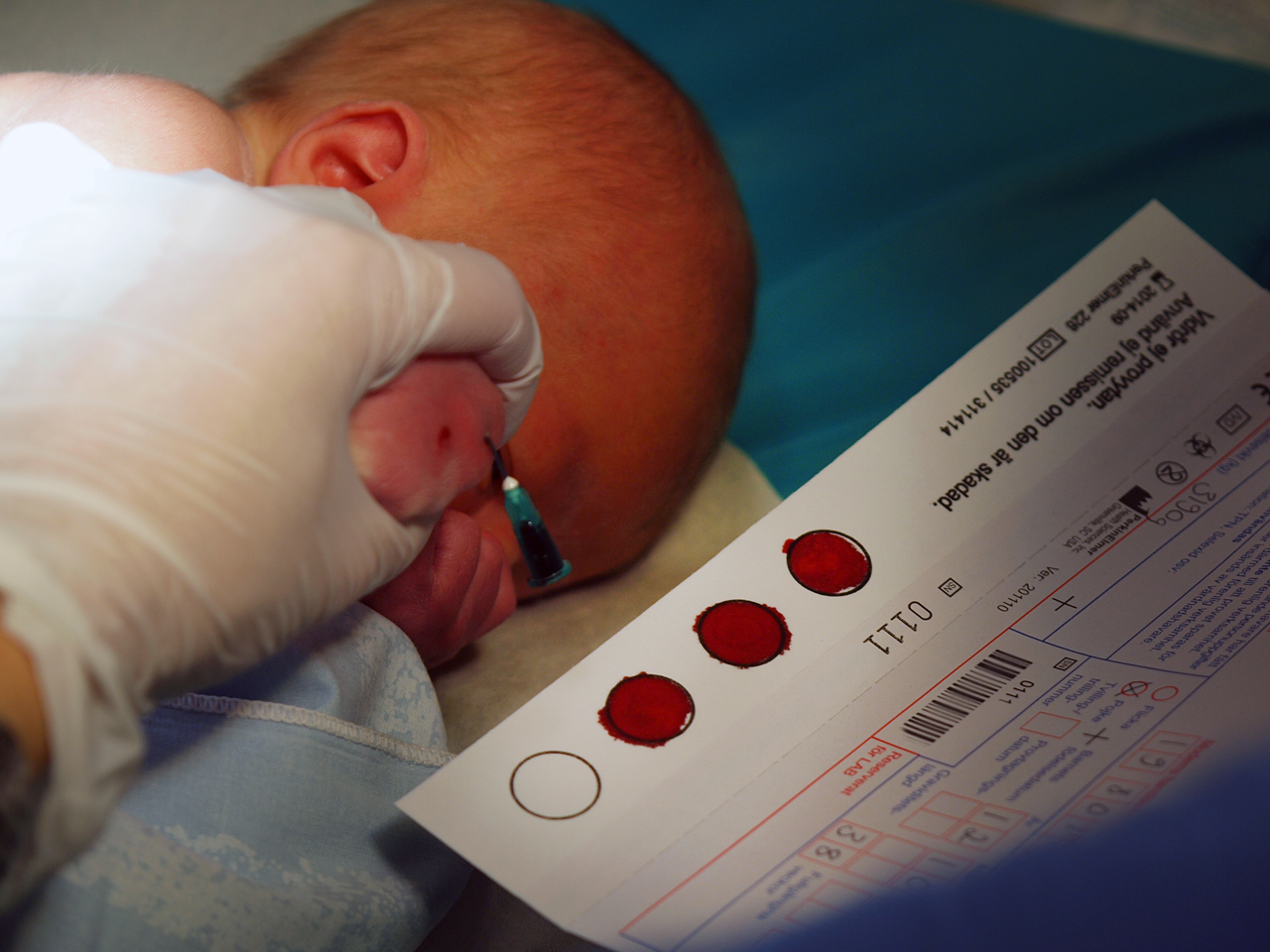Template:Article of the week
A biobank is a collection of biological samples (usually human) for use in research. The samples may also include personal medical and genealogical data. Sites for these collections come in different forms, typically based on the types of samples being stored and the scientific domain associated with them. These sites can be loosely categorized into two types: those based on biological specimens from patients and donors, and those specifically designed to aid in population-based research.
Biobanks give researchers access to data representing larger numbers of people than could be analyzed in previously used systems. Furthermore, samples in biobanks and the data derived from those samples can often be used by multiple researchers for multiple purposes. Large collections of samples representing tens or hundreds of thousands of individuals are necessary to conduct certain studies. However, these activities come with their share of questions regarding research and medical ethics, and they have provoked discussions in some community circles. While viewpoints on what constitutes appropriate biobank ethics diverge, consensus has been reached that relying on biobanks without carefully considered governing principles and policies could negatively impact communities participating in biobank programs. (Full article...)
Recently featured: Translational research, Rural health clinic, Picture archiving and communication system










